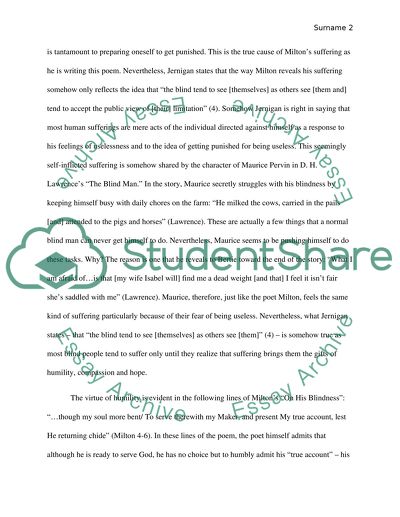Cite this document
(“The Transforming Power of Suffering Essay Example | Topics and Well Written Essays - 1250 words”, n.d.)
Retrieved from https://studentshare.org/social-science/1430616-literature-comparison-paper
Retrieved from https://studentshare.org/social-science/1430616-literature-comparison-paper
(The Transforming Power of Suffering Essay Example | Topics and Well Written Essays - 1250 Words)
https://studentshare.org/social-science/1430616-literature-comparison-paper.
https://studentshare.org/social-science/1430616-literature-comparison-paper.
“The Transforming Power of Suffering Essay Example | Topics and Well Written Essays - 1250 Words”, n.d. https://studentshare.org/social-science/1430616-literature-comparison-paper.


